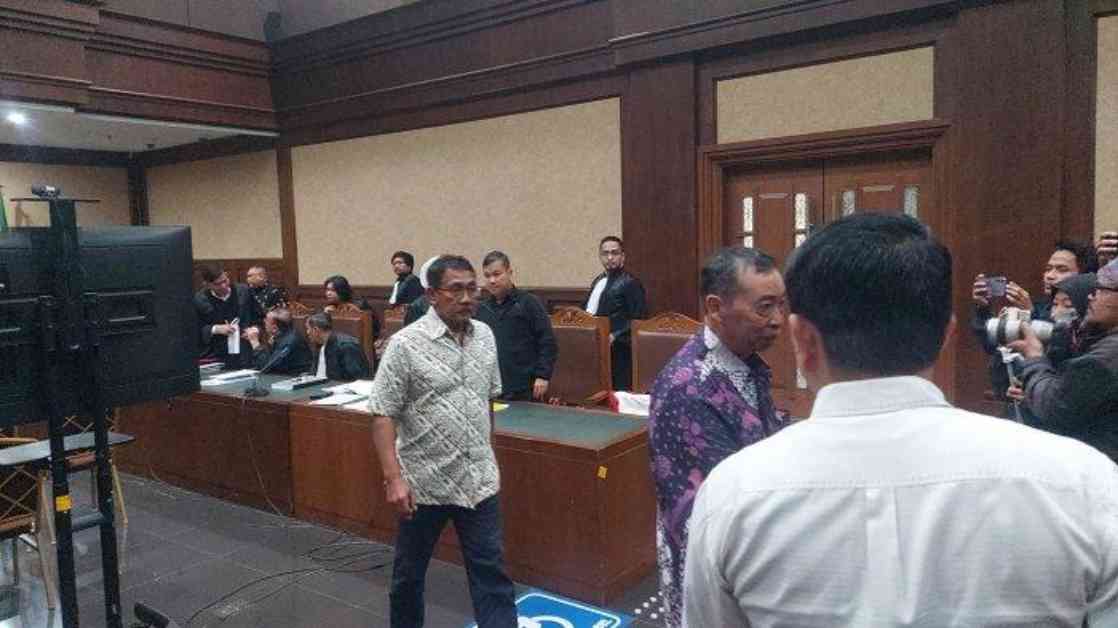**Distribution of Command Funds Unveiled in Basarnas Corruption Trial**
Former National Search and Rescue Agency (Basarnas) Chief Muhammad Alfan Baharudin appeared as a witness in the corruption trial involving the procurement of personnel transport trucks and Rescue Carrier Vehicles (RCVs) at Basarnas in the 2014 fiscal year at the Jakarta Corruption Court on Monday, January 20, 2025.
During his testimony, Alfan revealed details about the existence of command funds (Dako) during his tenure as Basarnas Chief from August 2012 to March 2014. He admitted that the command funds received were evenly distributed among all employees, from top management to office boys.
**Insight into the Corruption Case**
In this corruption trial, former Basarnas Secretary General Max Ruland Boseke, William Widarta, the director of CV Delima Mandiri and beneficiary of PT Trikaya Abadi Prima, and Anjar Sulistyono, the Sub-Director of Procurement and Supplies at the Directorate of Facilities and Infrastructure at Basarnas, who also acted as the committing officer of Basarnas in 2014, were the defendants present.
Alfan’s statement came to light when Judge Alfis Setyawan questioned him about the existence of Dako within Basarnas. Alfan confirmed that the command funds had been in place before he assumed the role of Basarnas Chief in 2012.
**Unveiling the Mechanism**
Alfan further explained that the command funds were obtained from the auction winners who had been collaborating with Basarnas. However, when pressed by Judge Alfis about the mechanism of transferring command funds from the auction-winning companies to Basarnas, Alfan admitted his lack of knowledge on the subject.
He reasoned that the individual familiar with the technicalities of transferring Dako from the company to Basarnas was former Secretary General Max Ruland Boseke, who also served as the budget user (KPA).
**Intriguing Questions Arise**
As the trial continued, questions emerged about whether reports from the KPA to the Basarnas Chief regarding the technicalities of fund transfer existed, leaving room for further investigation and clarification in the ongoing legal proceedings.
**Personal Reflections**
Reflecting on this corruption trial sheds light on the importance of transparency and accountability in public institutions. It serves as a reminder that every individual, regardless of their position, must uphold ethical standards to ensure the integrity of their work. As we navigate through this case, it is crucial to remember that corruption not only harms the system but also erodes public trust in the institutions meant to protect and serve the community.
In conclusion, the revelations made in the Basarnas corruption trial underscore the significance of upholding ethical values and accountability in all aspects of governance and public service. By exposing the intricate web of corruption, we pave the way for a more transparent and just society where integrity prevails over malpractice.






















